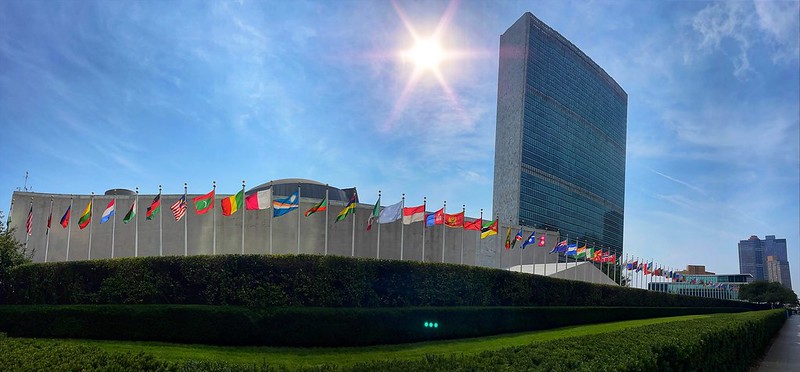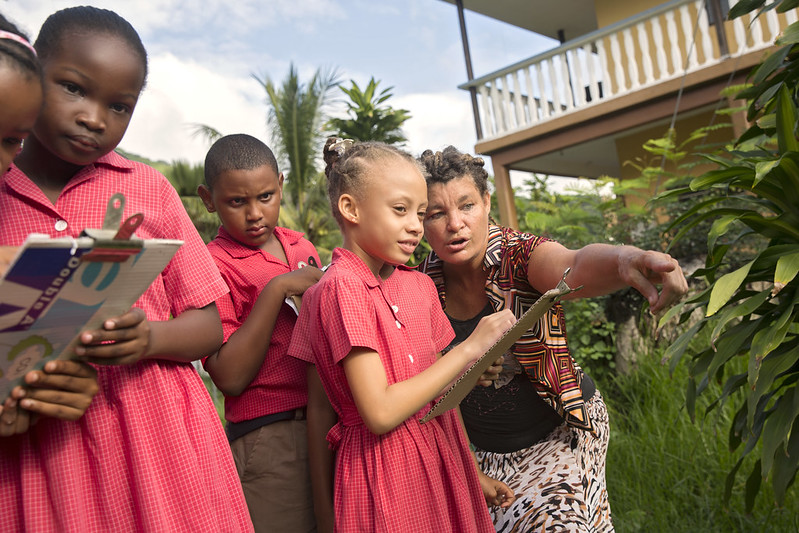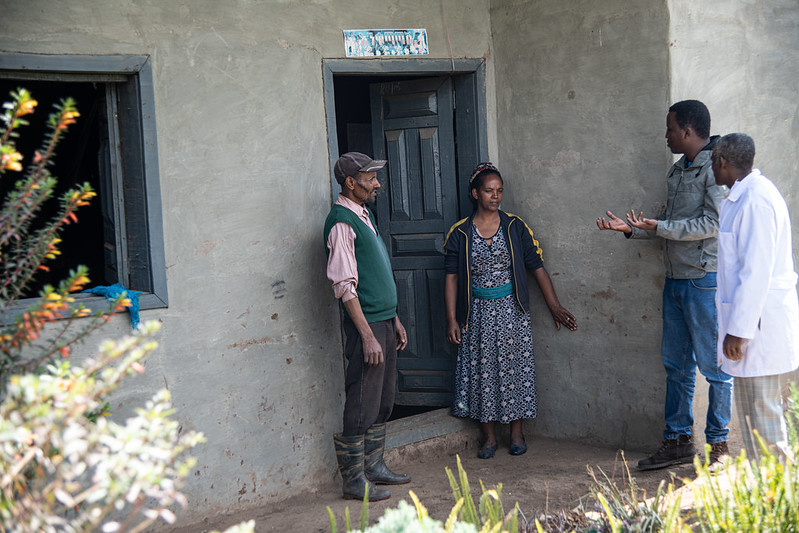Champions Group on Adaptation Finance launched

22 September 2021 — Today at the United Nations General Assembly in New York, a group of donor nations launched an Adaptation Finance Champions Group. The Group pledged to improve the quantity and quality of adaptation finance flowing to developing countries, especially Least Developed Countries (LDCs) and Small Island Developing States (SIDS).
Announced by Colm Brophy, the Minister of State for Overseas Development Aid and the Diaspora of the Republic of Ireland, the Champions Group will seek to increase adaptation finance commitments (by themselves and others) in the run-up to COP26. They intend to keep working long after COP26.
Ireland, the Netherlands, the United Kingdom (UK), Denmark, Sweden and Finland are all members of the new, informal group. Germany has stated its intention to join. The Champions Group would seek to expand its membership to other donor nations, Minister Brophy said.
Inger Andersen, Executive Director of the United Nations Environment Programme and chair of the event, stressed that the challenge for the Champions Group and other donor nations was to live up to rich countries’ commitment in Copenhagen in 2009 to get $100 billion per year in climate finance flowing to developing countries by 2020. This commitment was updated in the Paris Agreement of 2015 to specify that half of climate finance must be channeled to adaptation.
Not only does the latest OECD data show that countries have failed to meet the $100 billion target; but only 20% of climate finance is being targeted for adaptation, Dr Andersen said. “In Paris we agreed to fund adaptation and mitigation in balance and we haven’t done that. Now we need to do that, we need to step up,” she said.
New donor commitments made at the Adaptation Finance Champions Group launch event included:
- A new announcement by Kitty van der Heijden, Vice-Minister for International Cooperation of the Netherlands for 25 million euros for the Least Developed Countries Fund.
- A new announcement by Flemming Moller Mortensen, Minister for Development Cooperation of Denmark that 60% of Denmark’s grant-based climate finance would be channeled to adaptation.
The initiative was welcomed by Phento Tshering, Lead Climate Negotiator of Bhutan, which chairs the LDC Group of Negotiators in the UNFCCC negotiations:
“Business as usual is not working in our countries. Adaptation is critical for us,” he affirmed – noting that even at the current 1 degree of global warming above preindustrial levels, impacts on LDCs are too great. “There is a lot of opportunity to build resilience to climate shocks and meet needs of most vulnerable. We need to build our national and local, institutional capacity and our technology to adapt to the adverse impacts of climate change.”

Quality and quantity
Angelique Pouponneau, CEO of the Seychelles Conservation and Climate Adaptation Trust, and as such, speaking from the perspective of a Small Island Developing State, said: “adaptation is not a choice” for small island states. Moreover, she welcomed the Champions Group’s “emphasis on quantity as well as quality” [of adaptation finance] and called for more “equitable partnerships” to realise these goals.
Val Gnanendran , Climate and Environment Director of the UK’s Foreign, Commonwealth and Development Office (FCDO) noted that the UK is an advocate of funding for adaptation both bilaterally and via “climate multilaterals and multilateral development banks.” We’ve see ‘strong progress’ he said, but there is ‘so much more to do’.
“This shouldn’t be a zero sum game, we shouldn’t be reducing the mitigation spend to increase the adaptation spend,” urged Gnanendran. “We need to be increasing overall climate finance, get to the $100 billion and exceed the $100 bilion, and within that, the share of adaptation needs to be higher.”
Reach to local levels and marginalised groups
The LDCs’ vision is for 70% of climate finance to reach the local level, Tshering said. “We call on others to follow our lead.”
Currently, “less than 10 percent of finance from global climate funds is dedicated to local action. This is not acceptable for those countries on the frontline of climate change. If this continues, we will fail to address the climate crisis. Clearly, things need to change. More financial resources are needed, for local government, communities, businesses, and the actors working at the local level to implement their own solutions,” Tshering added.
Genanendran of the UK reflected that “adaptation is about doing development but doing it differently. It’s the doing development I want to concentrate on: country ownership, donors aligning to country plans, with the important extra dimension of being locally led.”
Meanwhile, others were emphatic about the need for adaptation finance to recognise and support conventionally marginalised groups, including women and girls. Ville Skinnari, Minister for Development Cooperation and Trade for Finland stressed that inclusiveness is paramount.
“We need to ensure voices on the ground are being heard. Women and other vulnerable groups must be heard.”
Inger Andersen summarised, by urging delegates to “scale up, expedite, make it real” with adaptation finance commitments and disbursements, in the run-up to COP26.

For more information about the Champions Groups on Adaptation Finance: